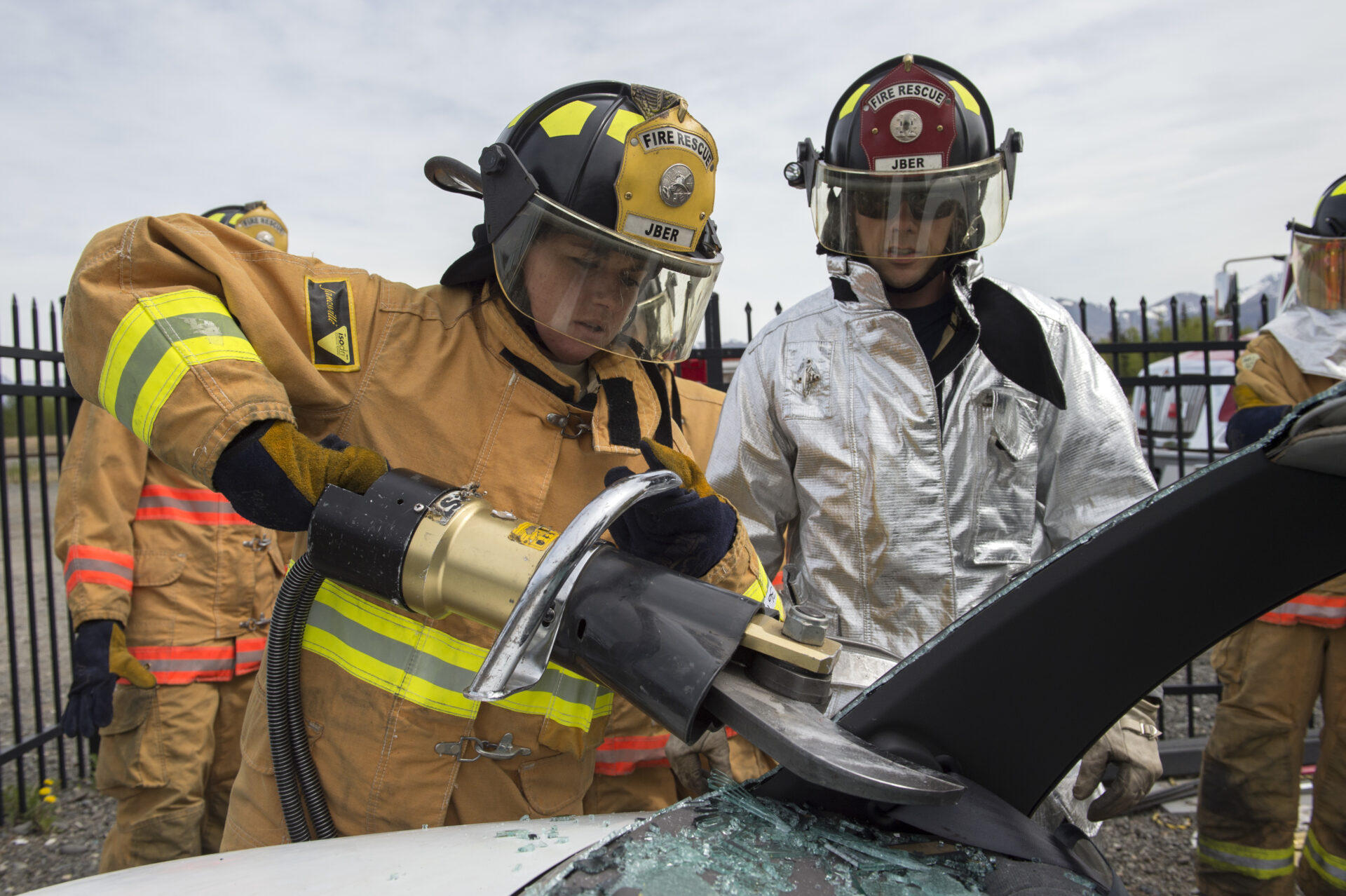WKMCBLAW.COM Presents: Case Update, Washington Firefighter Presumption Cases

By John Klor, and Sarah Cohen
February 9, 2017: The Washington Supreme Court recently issued an opinion related to RCW 51.32.185, the firefighter presumption and in particular, addressed the issue of how the statute operates with regard to the burden of proof at the trial court level.
In Larson v. City of Bellevue, the claimant sought coverage for his melanoma as an occupational disease; however, the City presented testimony from doctors and researchers that indicated claimant’s condition was most likely caused by UV exposure unrelated to his employment. The Board found in favor of claimant who appealed to superior court. At superior court, the jury was allowed to decide whether the City had rebutted the firefighter presumption. The jury found that the City had not rebutted the presumption and the decision was appealed to the Court of Appeals who affirmed the trial court’s decision.
In Spivey v. City of Bellevue, the claimant sought coverage for melanoma as an occupational disease. When presenting evidence at the Board, it was found that the City rebutted the firefighter presumption through medical testimony, arguing that sun exposure was the cause of his condition, rather than work activities. The case was appealed to superior court where it was held that the question of whether the City met its burden to rebut the firefight presumption was a question of law to be decided by the judge and the only issue for trial was whether claimant could prove without the firefighter presumption that his melanoma was an occupational disease.
The cases in both Larson and Spivey were appealed to Supreme Court of Washington to review several questions, including whether the City rebutted the firefighter presumption is one of fact or law and how RCW 51.32.185 operates at the trial court level.
Of particular note, in Larson v. City of Bellevue, the court discussed two rebuttable presumption theories; the Thayer Theory and the Morgan Theory. Under the Thayer Theory, if the trier of fact found that an employer has met the burden of production, the presumption disappears and the firefighter has the burden of persuasion; to establish by a preponderance of the evidence that the condition is an occupational disease, without the benefits of the presumption. Under the Morgan Theory, the rebuttable presumption continues throughout the case and does not disappear with the production of contrary evidence. Furthermore, the Morgan Theory raises a question of fact that requires an evaluation of the credibility of witnesses and the persuasiveness of the evidence presented by both parties.
In Larson v. City of Bellevue, the court acknowledged that in Washington both theories have been applied with no general rule about when to apply which theory. However, the court held that when a presumption reflects a strong social policy, such as the firefighter presumption RCW 51.32.185, the Morgan Theory should be followed rather than the Thayer Theory.
In this recent opinion, it was held that the Morgan theory of presumption applies in cases involving RCW 51.32.185 and that the question of whether the presumption is overcome is one of fact that requires examining the weight all evidence presented. This means that the burden to produce contrary evidence and to persuade the finder of fact is placed on the employer and does not shift to a claimant. In other words, the presumption does not vanish on the production of contrary evidence; the burden of production and persuasion remains with the employer.
As a result of this ruling, the court made it clear that when RCW 51.32.185 applies, the employer is required to rebut the presumption by the quantity of evidence (i.e. preponderance) and quality of evidence, while Claimant maintains the benefit of the firefighter presumption throughout the entirety of the case. However, the Court also made sure to limit its decision, by explaining that using the Morgan Theory does not impose on the employer a burden of proving the specific cause of a condition under RCW 51.32.185. This limitation is critical as it is often incredibly difficult to determine the exact cause of the conditions covered under RCW 51.32.185 and without this limitation, cases involving the firefighter statute would almost certainly result in a finding for claimant in most all situations.